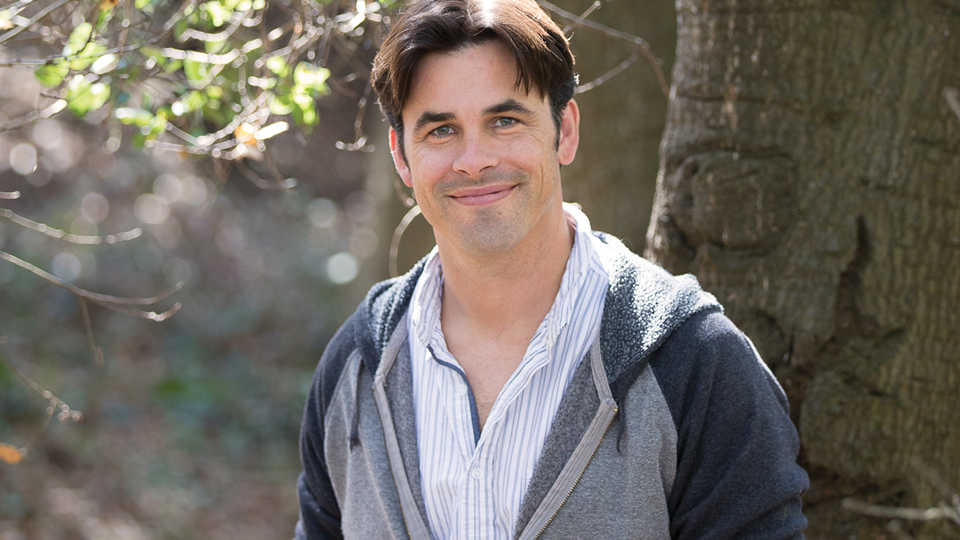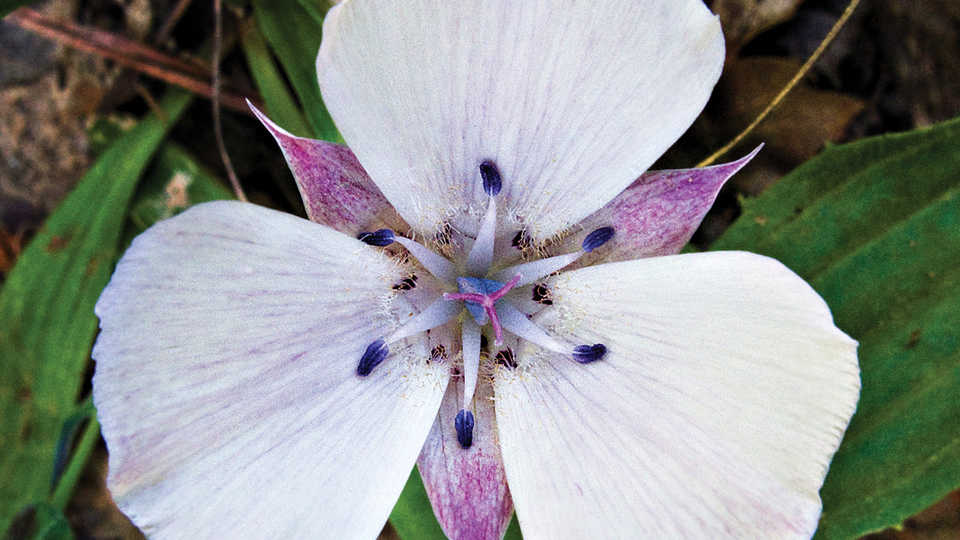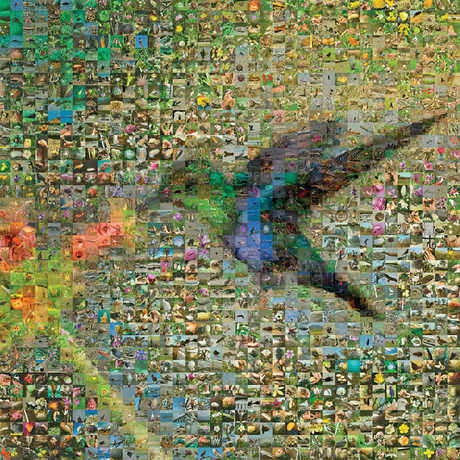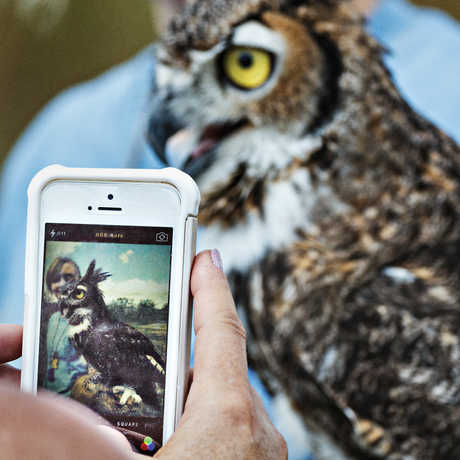In November 2014, Scott Loarie watched his biodiversity social network, iNaturalist.org, hit a staggering milestone: one million nature observations of the natural world. This crowd-sourced sea of global biodiversity data—invaluable because it is both georeferenced and vetted by experts—is revolutionizing the scale and pace at which scientists are able to assess and predict the impacts of climate change, habitat loss, and other global threats to our planet’s natural resources.
Loarie calls big data “one of Earth’s greatest hopes for a healthy future.” iNaturalist participants snap photos of animals and plants observed in their natural habitats, like lobster mushrooms in Washington State and kiwi birds in New Zealand, and share them with a global online community. This international database appears on searchable maps available to anyone with a mobile phone or access to the Internet.
For years, Loarie has poured over gigantic datasets, investigating how warming climate and human action shape ecosystems. As a co-director of the Academy’s iNaturalist platform, Loarie champions crowdsourced biodiversity data as the best way for the general public to help scientists dig into our gritty new climate reality on an unprecedented scale.




